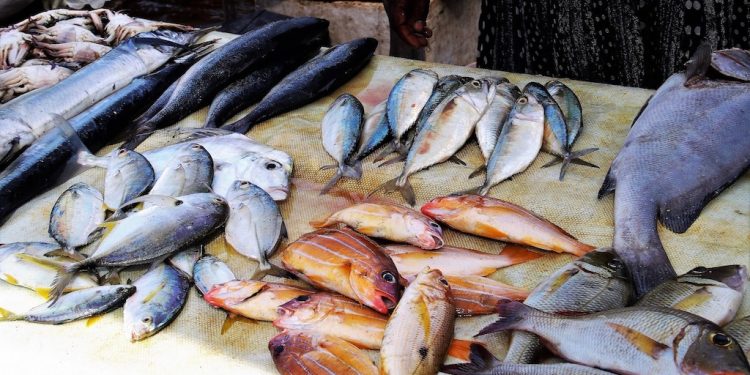The German government’s Ministry for Economic Cooperation and Development, BMZ and the Fisheries Transparency Initiative (FiTI) will co-operate on the project Sustainable marine fisheries through transparency and stakeholder participation. The project has a five-year timeframe (2024 – 2028) and a grant volume of up to €4 million.
According to FiTi, within overfishing, several factors are accelerating the decline of fishery resources, such as the overcapitalisation of the fishing industry, harmful fisheries subsidies, the disregard of scientific advice on fishing limits or illegal activities.
‘The need to manage marine resources sustainably – balancing economic, social and environmental aspects – is urgent,’ FiTi states.
‘In recent years, the importance of public access to credible and comprehensive fisheries management information has seen growing levels of support. Without reliable information the capacity of national authorities to make decisions based on the best available data is diminished. So too is the ability of non-governmental stakeholders to exercise effective oversight, demand accountability and engage in public dialogue.’
As a result, transparency is seen as paramount for sustainable fisheries management.
By capitalising on this global momentum for transparency in fisheries, the objectives of this project are to increase the public availability and credibility of fisheries management information in ten countries that have not implemented the FiTI to date, with a focus on member countries of the Organisation of African, Caribbean and Pacific States (OACPS), to support existing FiTI implementing countries in Africa and Latin America with their national efforts to comply with the FiTI Standard, and to strengthen the link between transparency and participation by enabling stakeholders to understand and scrutinise government information and by identifying participatory governance mechanisms and opportunities.
‘Two out of three of Germany’s partner countries in development co-operation are island or coastal nations, where fisheries contribute significantly to government revenues, food and nutrition security, as well as employment. These states often do not have sufficient levels of public access to information to contribute to sustainable fisheries,’ said Martin Hoppe, Head of Division for Food Security and Fisheries at the BMZ.
‘The FiTI provides a proven and internationally recognised framework to enhance transparency in marine fisheries. We are therefore very pleased to renew our partnership with the FiTI to ensure that fisheries continue supporting national economies and the well-being of citizens and businesses that depend on a healthy marine environment.’
The project also emphasises the collective involvement of all those with a stake in achieving sustainable fisheries. Involving various stakeholders with different perspectives, expectations and, most importantly, an inherent interest in improvement is a prerequisite to enhance the credibility (and ultimately, the legitimacy) of information. Such a genuine collaboration between stakeholders from governments, businesses and civil society organisations has the potential to build trust, to foster ownership, and to initiate far-reaching systemic change.
‘Several years ago, transparency was still something of an aspirational concept. It is now becoming increasingly mainstream in marine fisheries,’ commented As described by Sven Biermann, executive director of the FiTI International Secretariat.
‘Our renewed partnership with the BMZ provides a tremendous opportunity to scale the proven transparency approach of the FiTI by involving additional countries in Africa, the Caribbean and the Pacific region. Furthermore, we will be able to introduce several innovations into the FiTI implementation process, such as a ‘FiTI Starter package’ for newly committed countries as well as a participatory governance programme and a new fisheries analysis service. We are sincerely thankful for the continuous support of the Federal Government of Germany.’









